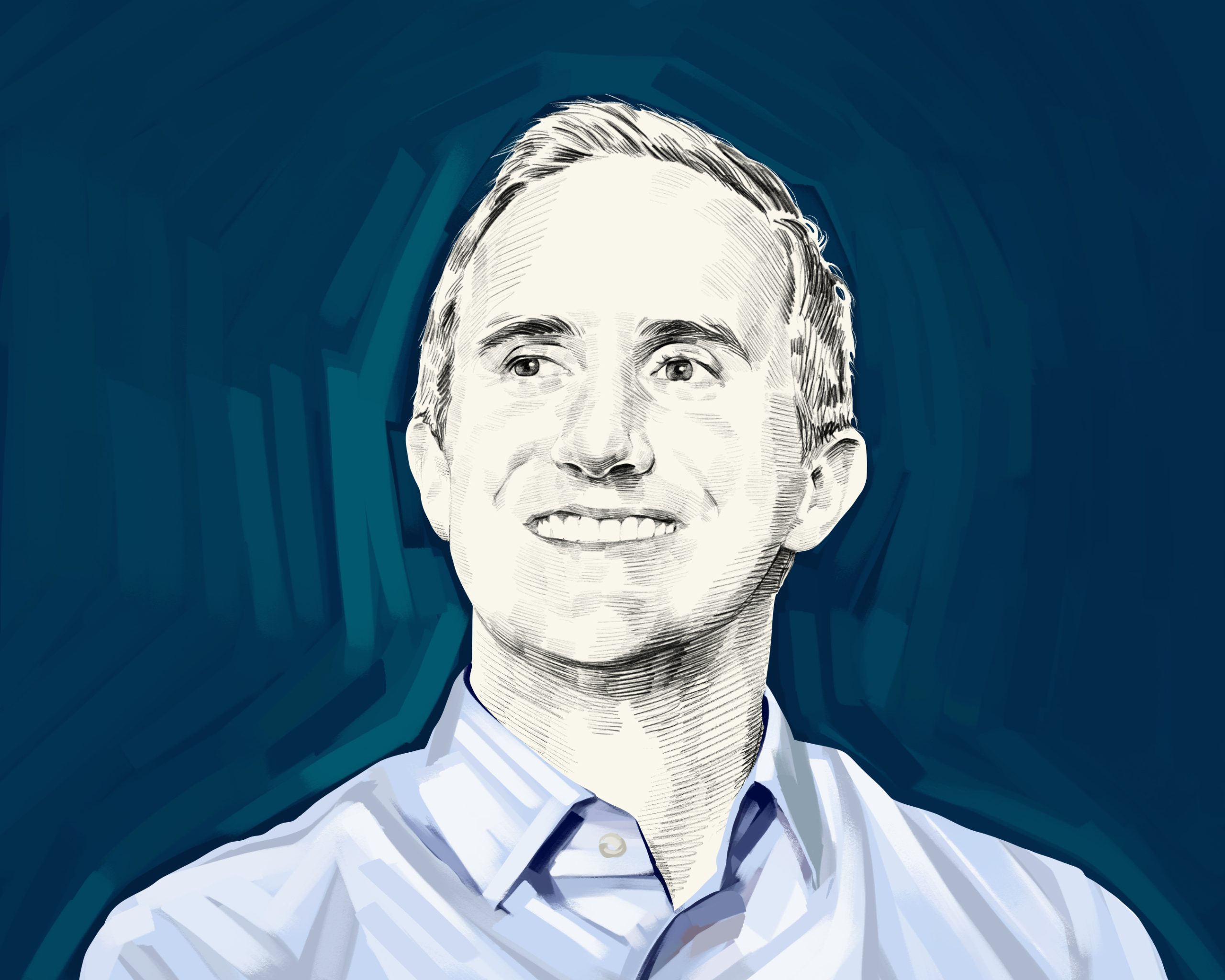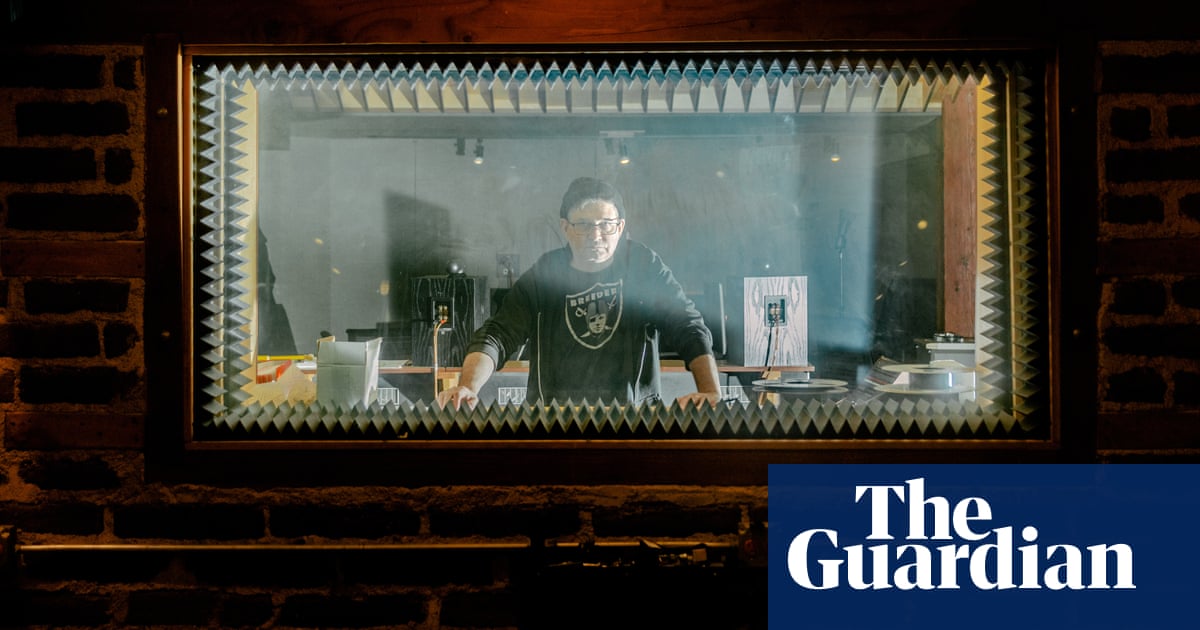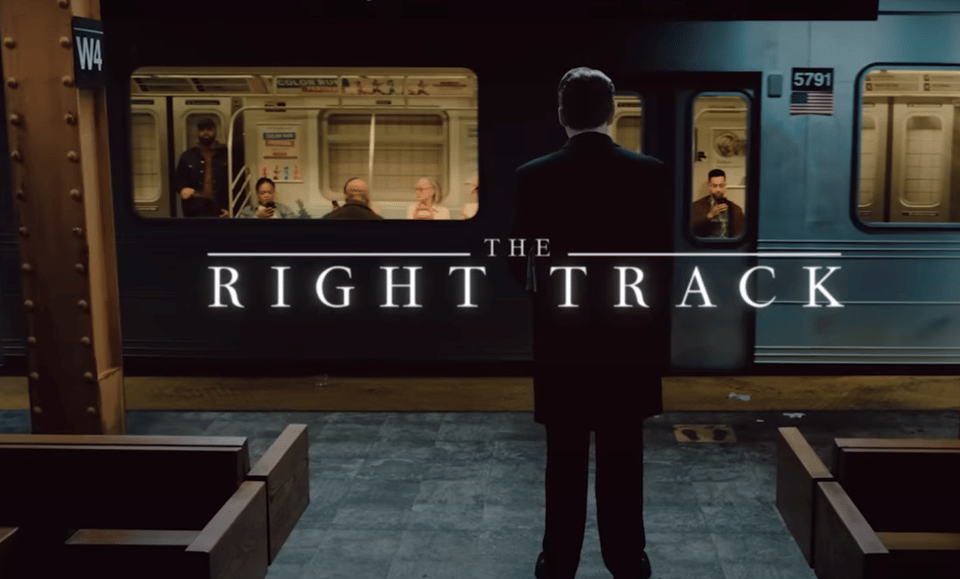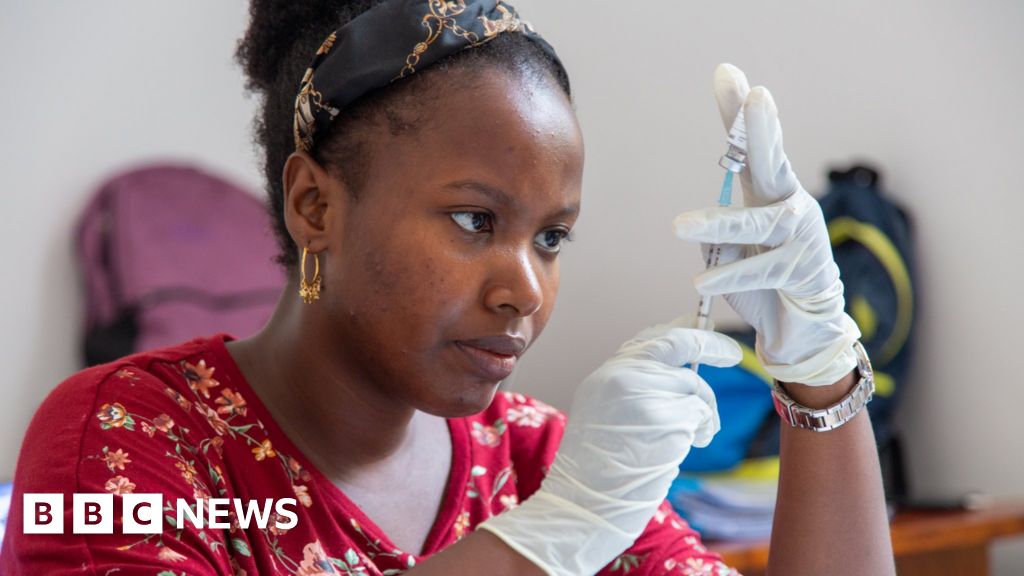Fall 2023 Tiny Letter
Hello friends,
Greetings from the Pacific Northwest. Quick facts:
For Halloween I went as Clickbait. Sorry, no photos available, the one I have is terrible. You'll have to use your imagination.
My young niece has successfully memorized the classic Portland joke, "Don't like the weather in Portland? Wait five minutes." She repeated it back to me.
Exceptional insight
Tim Ferriss recently interviewed Morgan Housel, a financial advisor and author of The Psychology of Money (adding to my list).
“Does money buy happiness? I think that answer is pretty firmly no. Can money buy contentment? I think that’s a pretty firm yes. And that’s great. Contentment is a great trait that makes your life better, but it’s very different from happiness.”
— Morgan Housel
I'm having a hard time summarizing their discussion, but I found Housel's insights to be both contrarian and accurate, thoughtful and pointed. Additionally, after hundreds of interviews over many years, Ferriss has become a very good interviewer. He's much easier to listen to.

Morgan Housel — Contrarian Money and Writing Advice, Three Simple Goals to Guide Your Life, Journaling Prompts, Choosing the Right Game to Play, Must-Read Books, and More (#702) - The Blog of Author Tim Ferriss
Interview with Morgan Housel on The Tim Ferriss Show podcast
Kindred spirits
If you know me at all, you know that I abhor Muzak, loud speakerphone cell phone conversations in public, and intrusive advertising. One of the latest scourges of our late capitalist existence is video ads that play on gas pumps. (I'm already giving you my money, right now, and I'm not going inside to buy Twizzlers or rotisserie hotdogs.)

In the Portland suburbs, an attempt to fill my tank led to this unfortunate scenario. The attendant (Portland and New Jersey still have them!) saw me walking briskly away from the pump, and showed me which button to push to mute the infernal sound. He said, "When they installed this, I had three choices: find another job, be in a straitjacket, or figure out how turn it off." I thanked him profusely, as he is my hero.
Adventures in the Mexican foods aisle
Recently, I was in my new favorite grocery store, Winco, assembling a few special ingredients for Pollo Asado, a Mexican grilled chicken dish. There was one I couldn’t find, so I asked some Spanish-speaking Hispanics for help.

They pointed me to the Mexican food aisle, and there I asked other Hispanic shoppers for help. At one point, I had no fewer than five people asking questions about the ingredient, searching the shelves, and generally being overwhelmingly helpful. No one was in a rush, folks acted like this was just something they did as a matter of course.
I was happily reminded of how much I appreciate Latino culture. Your average Portlander would be polite but detached, or maybe have their earbuds in and be totally checked out. (Worst case scenario, they are on a One Wheel, joined by a large, mopey dog on a leash).

Self reinvention
Steve Albini was long synonymous with the indie underground, playing in revered bands and recording albums by the Pixies, PJ Harvey and Nirvana. He also often seemed determined to offend as many people as possible. What led him to reassess his past?
Many celebrities and politicians have done the "apology tour," or made mealy-mouthed, qualified excuses for terrible past behavior.
Albini, whose behavior was pretty despicable even while he claimed to be a person who gives a shit, seems to be making full amends, without making excuses. This is a long read, but a very good one.

The evolution of Steve Albini: ‘If the dumbest person is on your side, you’re on the wrong side’ | Steve Albini | The Guardian
The long read: Steve Albini was long synonymous with the indie underground, playing in revered bands and recording albums by the Pixies, PJ Harvey and Nirvana. He also often seemed determined to offend as many people as possible. What led him to reassess his past?
Hackneyed Hollywood cliché, but the real action is in the background
I still think Saturday Night Live is mostly not funny anymore, but they still produce a few gems. This is one.

Sorry...can't embed YouTube videos here just yet. Watch:
https://www.youtube.com/watch?v=nzslkqwZtVM
Lauren Groff on writing, and then rewriting from scratch!
When Groff starts something new, she writes it out longhand in large spiral notebooks. After she completes a first draft, she puts it in a bankers box — and never reads it again. Then she'll start the book over, still in longhand, working from memory. The idea is that this way, only the best, most vital bits survive.
"It's not even the words on the page that accumulate, because I never look at them again, really, but the ideas and the characters start to take on gravity and density," she said.
"Nothing matters except for these lightning bolts that I've discovered," she continued, "the images that are happening, the sounds that are happening, that feel alive. Those are the only things that really matter from draft to draft."
This sounds like a very effective, though potentially frustrating, method. I wonder if it would work with songwriting. I'm not sure if using how well one remembers a verse or chorus is a good metric for rewriting a song.
This might work with lyrics, but even there, if one generates a great metaphor or a rhyme, you would want to use it, not file it away and see if you can remember the essence. For fiction, however, it sounds grand.
Via Kottke.org (one of the OG blogs)
A few words from the researcher greatly responsible for saving our asses
Katalin Karikó and her colleague Drew Weissman won the 2023 Nobel Prize in Physiology or Medicine for their work on messenger-RNA research that paved the way for Covid-19 vaccines. It's very easy to envision an alternate history where Karikó received even less support for research, and it was abandoned.

Fortunately for us, and the world, she persisted, and had some champions along the way. In this article, Karikó suggests ways that research institutions can better support work like hers. Just like the gas station attendant (though with far more import), Karikó is my hero.
Katalin Karikó Has Thoughts on How to Support Shunned Scholars Like Her (archive link, Chronicle of Higher Education)
A cheap malaria vaccine that can be produced on a massive scale has been recommended for use by the World Health Organization (WHO)
In 2021, there were 247 million cases of malaria and 619,000 people died, most of them children under the age of five. More than 95% of malaria is found in Africa.

Malaria vaccine big advance against major child killer - BBC News
Deals are in place to make 100 million doses of the vaccine each year to fight the complex disease.
Speaking of vaccines:
Please get your Fall Covid booster. Covid is still with us, it's still a serious risk for older folks, the immunocompromised--and long Covid, should you be unfortunate enough to get it, is a nightmare. Flu shot too, but note: if you double up, and you're one who reacts to vaccinations, best to schedule a day or two of lounging around with Netflix.

Vaccines.gov - Search for COVIDâ19 vaccine locations
Vaccines.gov helps you find clinics, pharmacies, and other locations that offer COVIDâ19 vaccines in the United States.
Via @Elizabeth
We’re Breaking Up: Rebecca Solnit on How Modern Noncommunication Is Changing Our Experience of Time, Solitude, and Communion
Solnit's essay on changing communications mediums and styles, is spot on. I say this without having read the original essay, but based on the linked review, I am confident making this claim. Often, I think the best writing (fiction or nonfiction) tells us something we already know, but frames it in a way that helps us think about it better, helps us make sense of the phenomenon.
The bygone time had rhythm, and it had room for you to do one thing at a time; it had different parts; mornings included this, and evenings that, and a great many of us had these schedules in common. I would read the paper while listening to the radio, but I wouldn’t check my mail while updating my status while checking the news sites while talking on the phone. Phones were wired to the wall, or if they were cordless, they were still housebound. The sound quality was usually good. On them people had long, deep conversations of a sort almost unknown today, now that phones are used while driving, while shopping, while walking in front of cars against the light and into fountains. The general assumption was that when you were on the phone, that’s all you were.
I now find that staying present and focused takes a lot more directed intention. It's trying to find the inverse of distraction. And I am seeing more than ever the value of retreats. In theory, spending a few weeks at a cabin with no Internet, and perhaps weak or no cell phone signal, would allow one to reset in a way. I look forward to trying it.

We’re Breaking Up: Rebecca Solnit on How Modern Noncommunication Is Changing Our Experience of Time, Solitude, and Communion – The Marginalian
“Previous technologies have expanded communication. But the last round may be contracting it.”
Closing quote
I believe that anything that people make on their own, anything they create for pure pleasure, is beautiful.
People will sit alone in their basements playing guitar simply because they like the sound. They’ll paint, write poems, and whittle wood into little figurines without any expectation of gaining money or fame. It just makes 'em feel good. All of that is beautiful.
Anything that humans only produce in exchange for money, on the other hand, is ugly. No one designs billboards or writes instruction manuals for microwaves on a lark. When people pick up a guitar of their own accord, they sing about love and longing, not about how Tide laundry detergent cleans even the toughest stains. That doesn’t mean these endeavors are bad—someone’s gotta tell you how to work your microwave—but it means they aren’t beautiful.
-- Adam Mastroianni, Experimental History